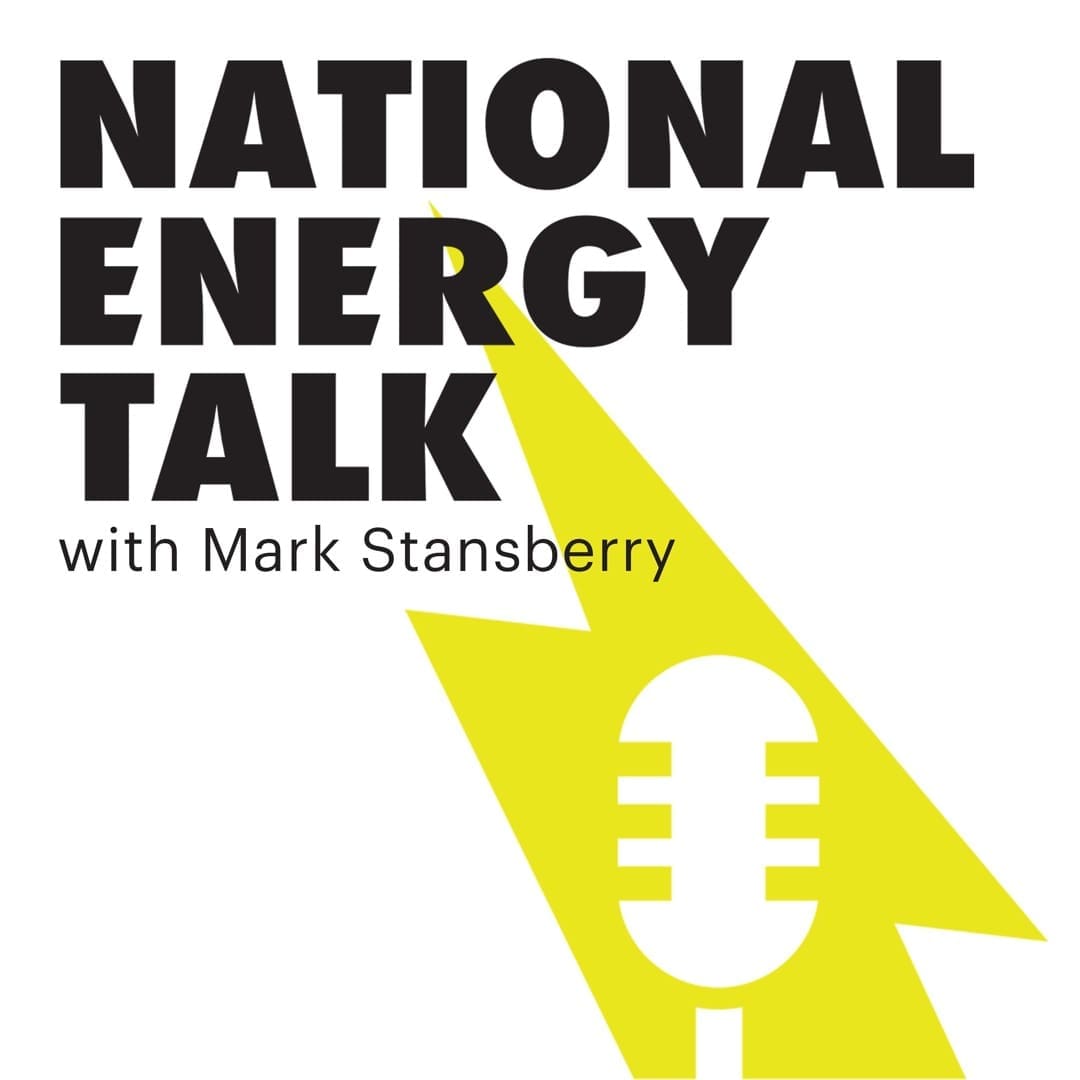The oil and gas business in Texas keeps getting better.
The Federal Reserve Bank of Dallas released its business activity survey on Wednesday and almost all of the indexes “reflected expansion on a quarterly basis.”
The release of the survey followed news of two large merger/acquisitions in Texas.
Concho Resources Inc., based in Midland, announced the acquisition of RSP Permian, based in Dallas, for $9.5 billion.
Additionally, Steve Chazen, former CEO of Occidental Petroleum Corp., put together a $2.6 billion partnership with EnerVest under the new umbrella of Magnolia Oil & Gas Corp.
The Dallas Fed surveyed executives with 78 exploration-and-production companies and 62 from service-and-supply companies.
“On average, respondents expect West Texas Intermediate (WTI) oil prices to be $63.07 per barrel by year-end 2018, with responses ranging from $45 to $77 per barrel,” according to the survey. “Respondents expect Henry Hub natural gas prices to end 2018 at $2.91 per million British thermal units (MMBtu). For reference, WTI spot prices averaged $62.72 per barrel and Henry Hub spot prices averaged $2.65 per MMBtu during the survey collection period.”
The energy index advanced from 38.1 in the fourth quarter to 40.7 in the first. The increase was primarily driven by an increase in the oilfield services side of the industry, according to a news release.
Oil and gas production increased for the sixth quarter in a row. The oil production index ticked up from 33.7 in the fourth quarter to 34.3 in the first. Meanwhile, the natural gas production index edged down from 26.6 to 25.0.
Utilization of oilfield services firms’ equipment increased at a faster pace than in the fourth quarter, with the corresponding index at 40.4, up 11 points. The index of input costs jumped from 30.9 to 46.8, suggesting greater cost pressures. The index of prices received for oilfield services rose from 22.6 to 27.9.
Labor market indexes continue to point to rising employment and employee hours, with job growth primarily driven by oilfield services firms. The employment index was 37.1 for services firms versus 9.0 for E&P firms. The employee hours indexes also showed a large gap: 41.9 for services firms versus 16.9 for E&P firms. The aggregate wages and benefits index advanced from 25.5 to 33.8, with most of the increase coming from the oilfield services side of the industry.
The Concho/RSP Permian venture is an all-stock merger of the two Permian-focused E&Ps is expected to create the largest unconventional shale producer of oil and natural gas in the prolific basin, the companies said in a joint press release.
The addition of RSP’s roughly 92,000 net acres will expand Concho’s existing acreage position in the Permian Basin to more than 640,000 net acres. The deal is the largest since the 2011 acquisition of Petrohawk Energy Corp. by BHP Billiton Ltd. in a transaction totaling $12.1 billion, according to the Oil and Gas Investor magazine.
TPG Pace Energy Holdings Corp., headed by Chazen, will carve out EnerVest’s Eagle Ford and Giddings Field/Austin Chalk assets in South Texas to create Magnolia, which will trade on the New York Stock Exchange. EnerVest’s owners will retain a significant ownership stake in Magnolia, which consists of EnerVest’s 359,000 net acres in Karnes County in South Texas
Alex Mills is the former President of the Texas Alliance of Energy Producers. The opinions expressed are solely of the author.
Alex Mills is the former President of the Texas Alliance of Energy Producers. The Alliance is the largest state oil and gas associations in the nation with more than 3,000 members in 305 cities and 28 states.






